'What does media mean?' Police seek definition amid protests
Police seek media definition amid protests
Government officials nationwide are clamping down on protests by issuing curfews, and more than half of those curfews make exceptions for the media, but just who are the media, and why should you care?
MILWAUKEE - Government officials nationwide are clamping down on protests by issuing curfews, and more than half of those curfews make exceptions for "the media," but just who are "the media," and why should you care?
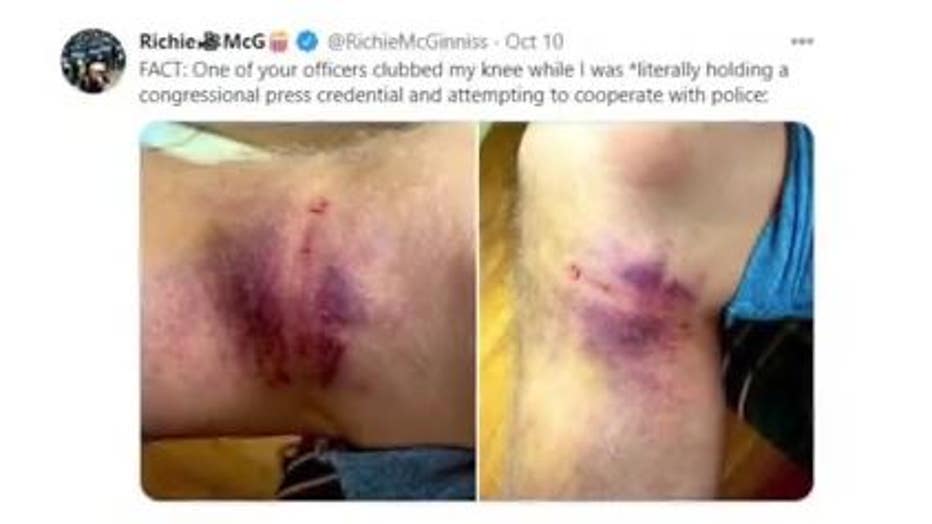
Richie McGinnis
When Wauwatosa police arrested Tracy Cole in the middle of civil unrest in October, Richie McGinnis was right there to record it.
"That’s a very significant news event," said McGinnis, "The Daily Caller."
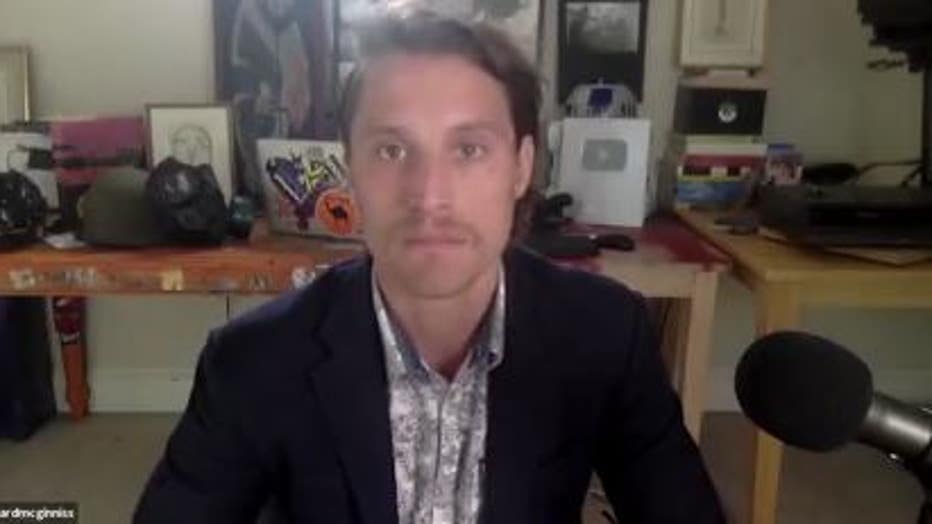
Richie McGinnis
Tracy Cole is the mother of Alvin Cole, one of three people shot to death by Wauwatosa Police Officer Joseph Mensah in the past five years.
"I have press credentials," said McGinnis. "Yes, sir. I have press credentials right here."
Mcginnis is a reporter for "The Daily Caller," but it seems his journalistic credentials did little to stop officers from chasing him down, taking him to the ground and detaining him.
"They were beating my legs with a nightstick, or billy club, or whatever," said McGinnis.
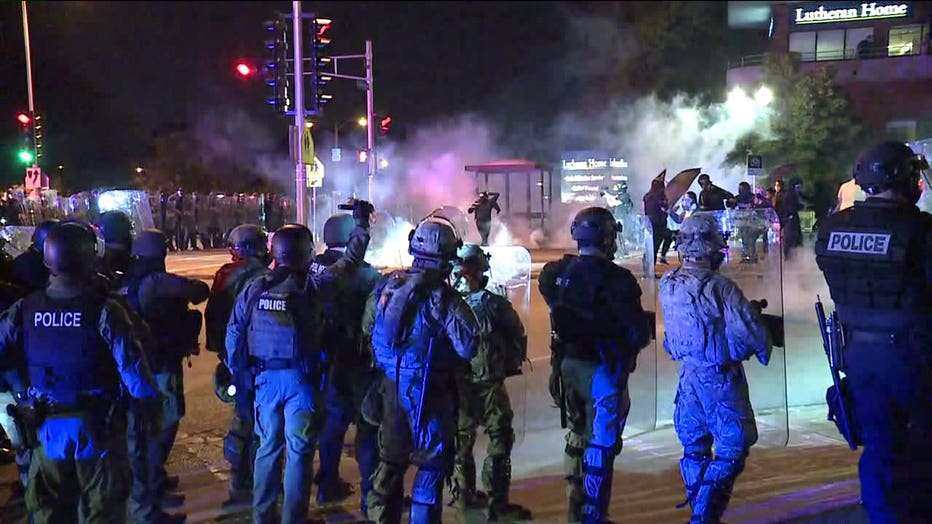
Protests form in Wauwatosa for a third night after the decision not to charge Officer Joseph Mensah in the death of Alvin Cole
On Oct. 7, Wauwatosa issued an emergency curfew to quell the unrest that followed the district attorney's decision not to charge Officer Mensah in Cole's death. On the second night of unrest, McGinnis was one of four journalists detained by police for violating curfew, even though the mayor's emergency order made a specific exception for credentialed members of the press.
"The beating that I withstood, I don’t think it was OK," said McGinnis.
Police eventually released McGinnis and one of his co-workers without a citation, but two others were fined $1,300, including Blair Nelson.
"I'm new to covering protesting," said Nelson.
Nelson is a student journalist from Illinois who came to the Tosa protests with a cellphone and no credentials.
"It's a lot easier for someone like me with a cellphone to get footage of what’s happening on the ground versus the local news," said Nelson.
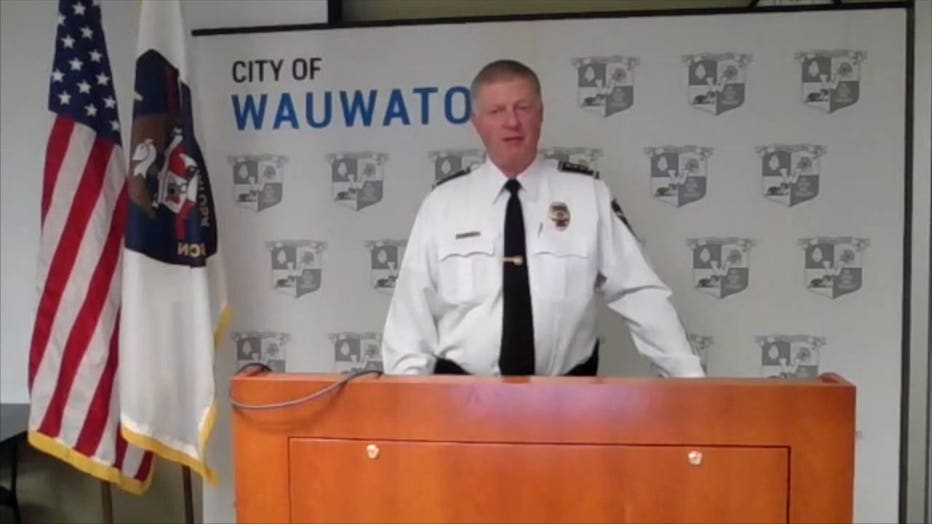
Wauwatosa Police Chief Barry Weber
"Our primary objective is always to keep everyone safe," said Wauwatosa Police Chief Barry Weber in a YouTube video.
Chief Weber declined FOX6's request for an interview, but since those arrests, he and other police chiefs in Milwaukee County have been trying to determine who should be allowed to cover protests after curfew, and who should not.
"If you’re going to argue there should be some media dead zone after curfew and just let the cops go do whatever they want to the people who might still be out on the streets, I think that’s a very bad recipe," said McGinnis. "To be quite frank, it’s un-American."
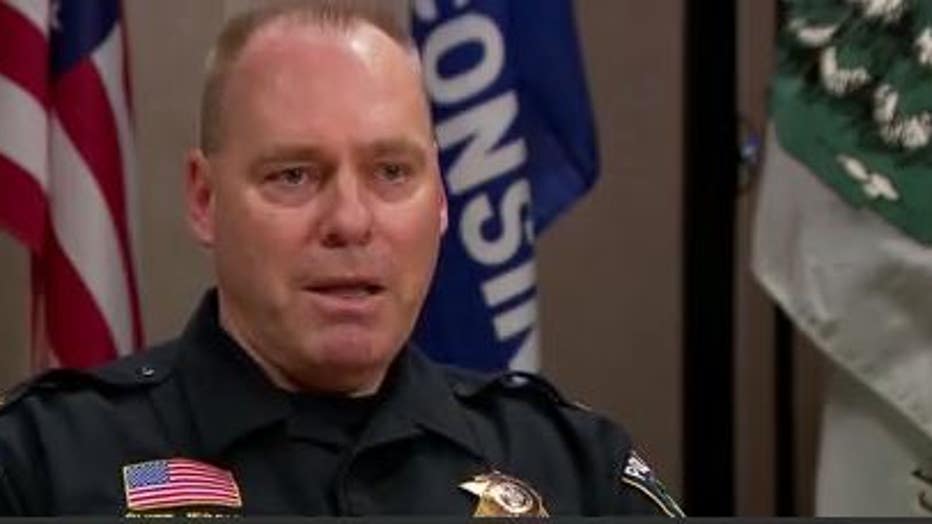
South Milwaukee Police Chief William Jessup
It's a question now facing police departments across the country.
"What does media mean?” said South Milwaukee Police Chief William Jessup.
"That’s a tough question," said C.J. Halliburton.
"That's a big question," said Melissa Wasser.
"I think it’s going to be very difficult to define that," said Tony Cotton.
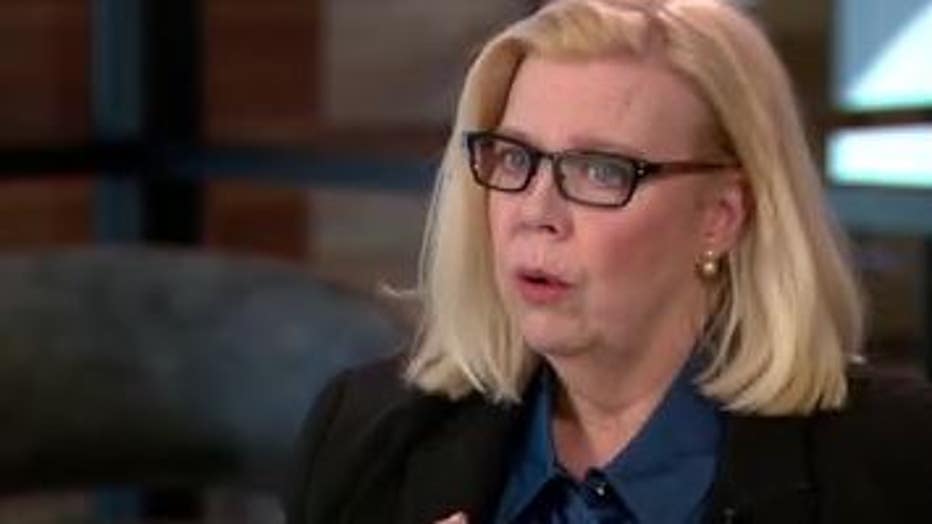
Anne E. Schwartz
"It is a total slippery slope," said Anne E. Schwartz.
Schwartz is a former news reporter and former public information officer for Milwaukee police.
"How do I know who the media are if I’m going to exempt them?” said Schwartz.
Schwartz is working with police to craft a definition of "media."
"This is a balancing act that law enforcement is struggling with," said Jessup.
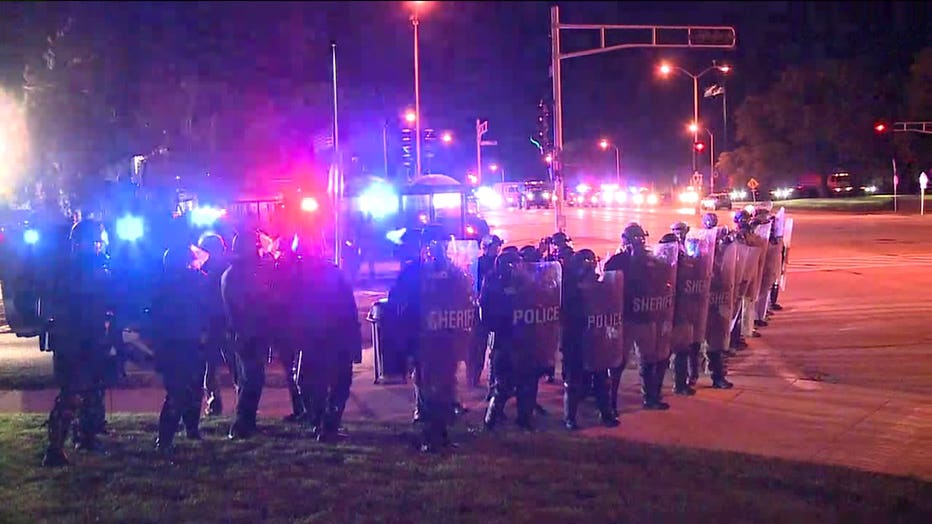
Law enforcement officers in Wauwatosa on Oct. 10, the fourth consecutive night of protests following the decision not to criminally charge Officer Joseph Mensah
In November, Chief Jessup plans to submit a draft definition to an advisory board of local chiefs.
"We don’t want to arrest news media, but there are times when, in the middle of a chaotic situation, we don’t know who are the violent protesters, and who are the peaceful protesters and who are the news media," he said.
"They want to draw that line somewhere, but it’s really difficult to draw that line," said Wasser.
Wasser is a policy analyst with the Reporters Committee for Freedom of the Press, which is tracking curfew orders nationwide. According to their data, more than half of those orders include a media exemption, but not a single one defines who the media are.
"It may very well be that the person who opens up their phone on Facebook Live is engaged in legitimate newsgathering," said Wasser.
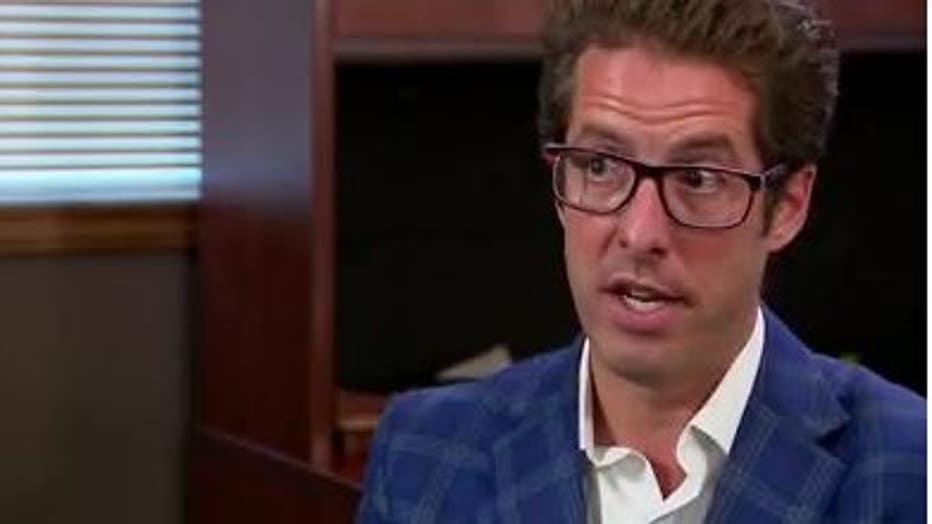
Tony Cotton
"To be constitutionally compliant, we almost have to allow individuals to record anything they want to record," said Tony Cotton, Wauwatosa defense attorney.
Cotton said citizen journalism has become especially important in 2020, as everyday people armed with smartphones capture crucial evidence, or stream historic moments to thousands of followers.
"Frank Nitty can go on Facebook, go to live stream -- he can get more followers than the Waukesha Freeman," said Cotton.
Which begs the question, is Nitty a journalist?
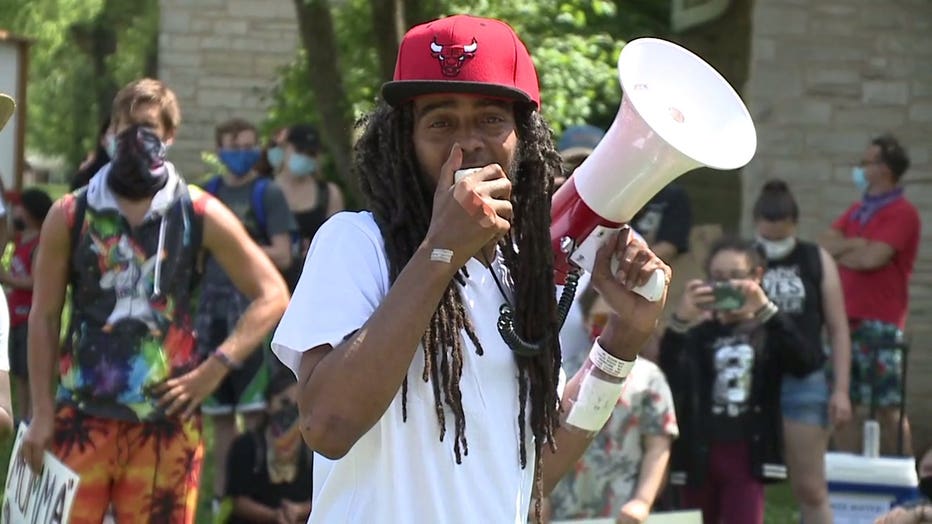
Frank Nitty
"I think certainly he could claim he’s a journalist," said Cotton.
"Is he a protester? Is he a journalist?” said Schwartz.
The definition Wauwatosa police said they are "working with" right now would limit "media" to those who work for radio and TV stations, written publications and "dot-coms" with a legitimate business license.
"I'm a little concerned that it doesn’t cover freelance reporters," said Wasser.
"A lot of big names who cover protests are not a member of any LLCs," said Nelson. "They’re freelance. They’re on their own.”
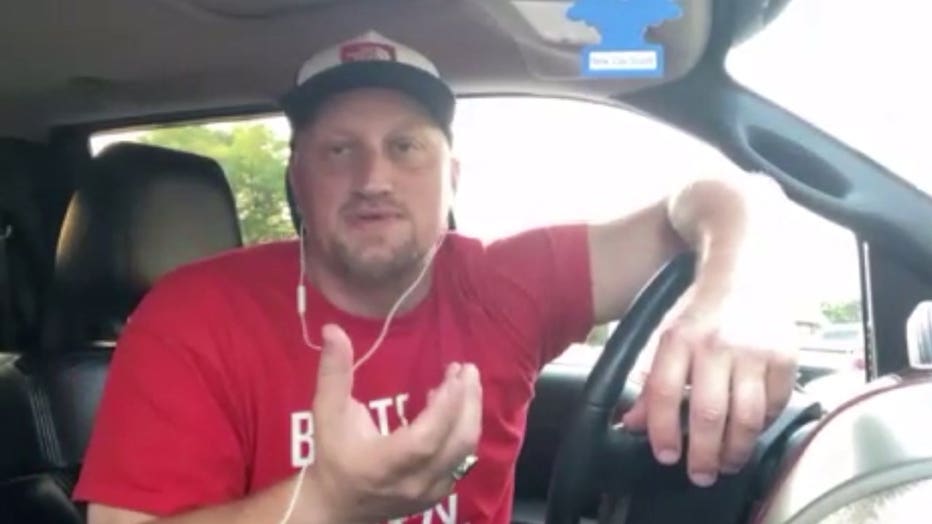
C.J. Halliburton
"That’s exactly how I started," said Halliburton with CJTV LLC. "Just a guy with a cellphone.”
But Halliburton gets where police are going.
"It is tough," he said. "I think they’ve got, they’ve got a tough job.”
Six months ago, Halliburton was a janitor in Seattle.
"I don’t even know what town we’re in right now," he said.
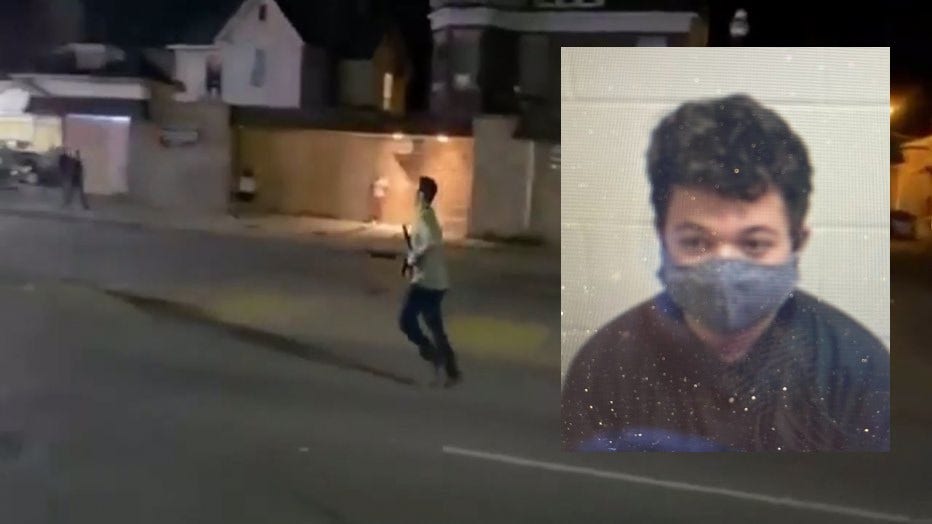
Kyle Rittenhouse
Today, he's a full-time live streamer. He was in the thick of the chaos in Kenosha the night Kyle Rittenhouse allegedly shot two protesters to death and seriously wounded a third.
“At one point, I had 85,000 people live on my feed," said Halliburton.
He now has his own YouTube channel and business license, so under Tosa's working definition, he would likely qualify as media. He believes police need to know the difference between journalists and agitators.
"You can’t throw a rock at a building while you’re holding your phone and say, ‘I’m press and media,'" said Halliburton.
"I think it’s important that these municipalities recognize our constitutional right," said McGinnis.
McGinnis likes the idea of a clear definition, too, as long as police adhere to it.
“I’ve been shot with rubber bullets, pepper balls," he said. "I’ve been pepper-sprayed multiple, multiple times this summer."
"We're still seeing them get arrested and it’s absolutely troubling," said Wasser.
In the end, it may not be up to police or journalists to decide where to draw the line.
"That would be for circuit court judges to decide," said Cotton.
"This hasn’t been tested, right, in the courts yet," said Wasser.
"Nobody wants to be the case study," said Schwartz.
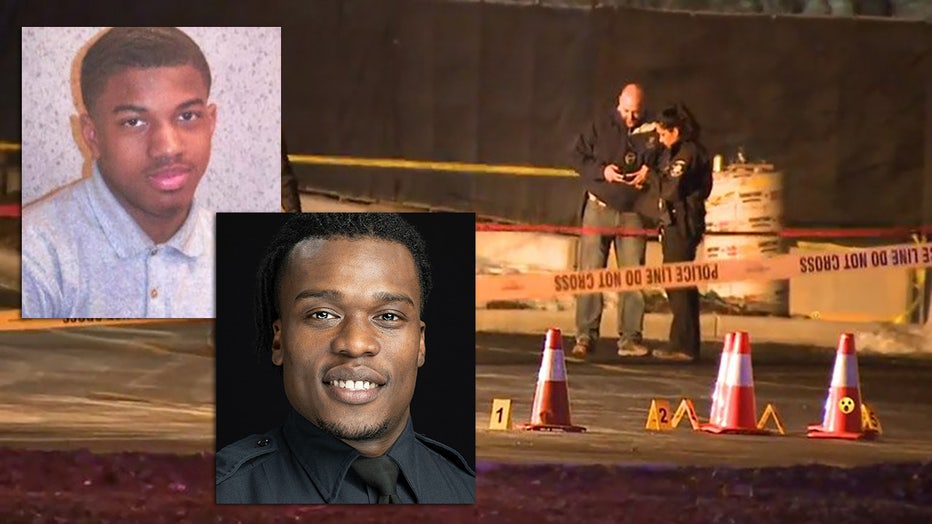
Alvin Cole, Joseph Mensah
Until then, anyone acting as your eyes and ears after curfew may need to keep credentials in plain sight and a lawyer on speed dial.
Police chiefs in Milwaukee County are considering whether to institute a credentialing system to help identify reporters in emergency zones, but many of the journalists FOX6 News talked to say credentials and logos make them targets in the midst of a protest, so they prefer to blend in. In other words, they may have to choose whether to be targeted by police who think they are protesters or protesters who don't like the press.

